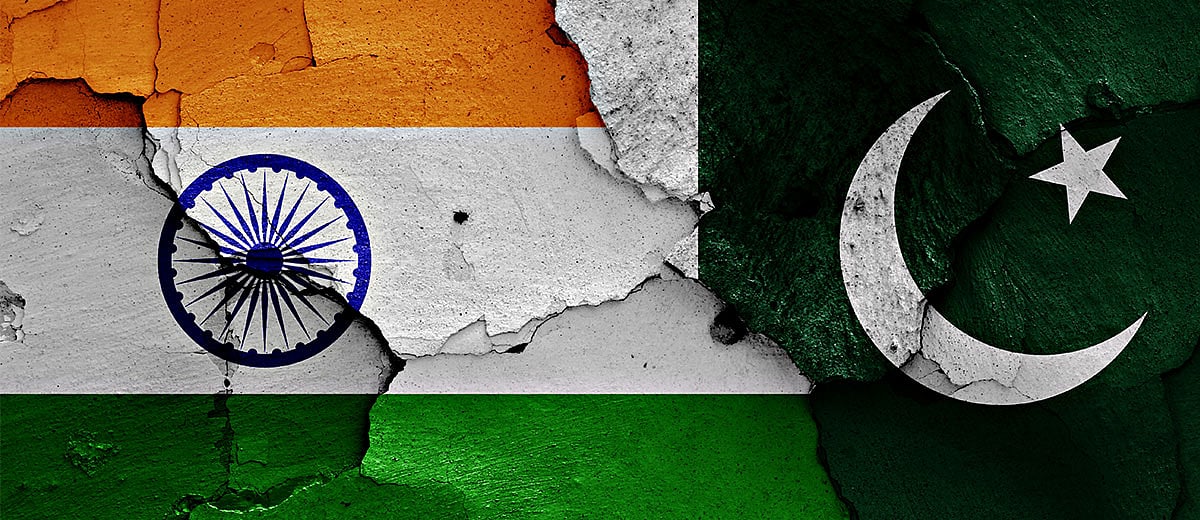These are the psychological dynamics that play out in the dispute over Kashmir. Both India and Pakistan claim Kashmir as if it were their ancestral property, and people on both sides feel a deep emotional attachment to it. In the subcontinent, to give up a claim to one’s ancestral property brings “dishonour” to one’s family and group, and is considered a weakness.
For Pakistanis, the rivalry against Indians is driven by a deep sense of being “wronged” at the time of partition, the corollary being a “desire” to compete with and trump Indians at any cost. It’s this bitterly competitive urge that drives Pakistan’s leaders, army officers and populace to defy India’s obvious demographic, economic and military supremacy, and to do so with such intensity.
As William Blake said, “it is easier to forgive an enemy than to forgive a friend”. Whoever we are, it seems we can all feel a special kind of enmity for the enemies we most resemble – whether a sibling or a neighbour, we simply cannot accept “them” as “us” despite our obvious similarities.
Read the original article here. This article was first published on The Conversation.
